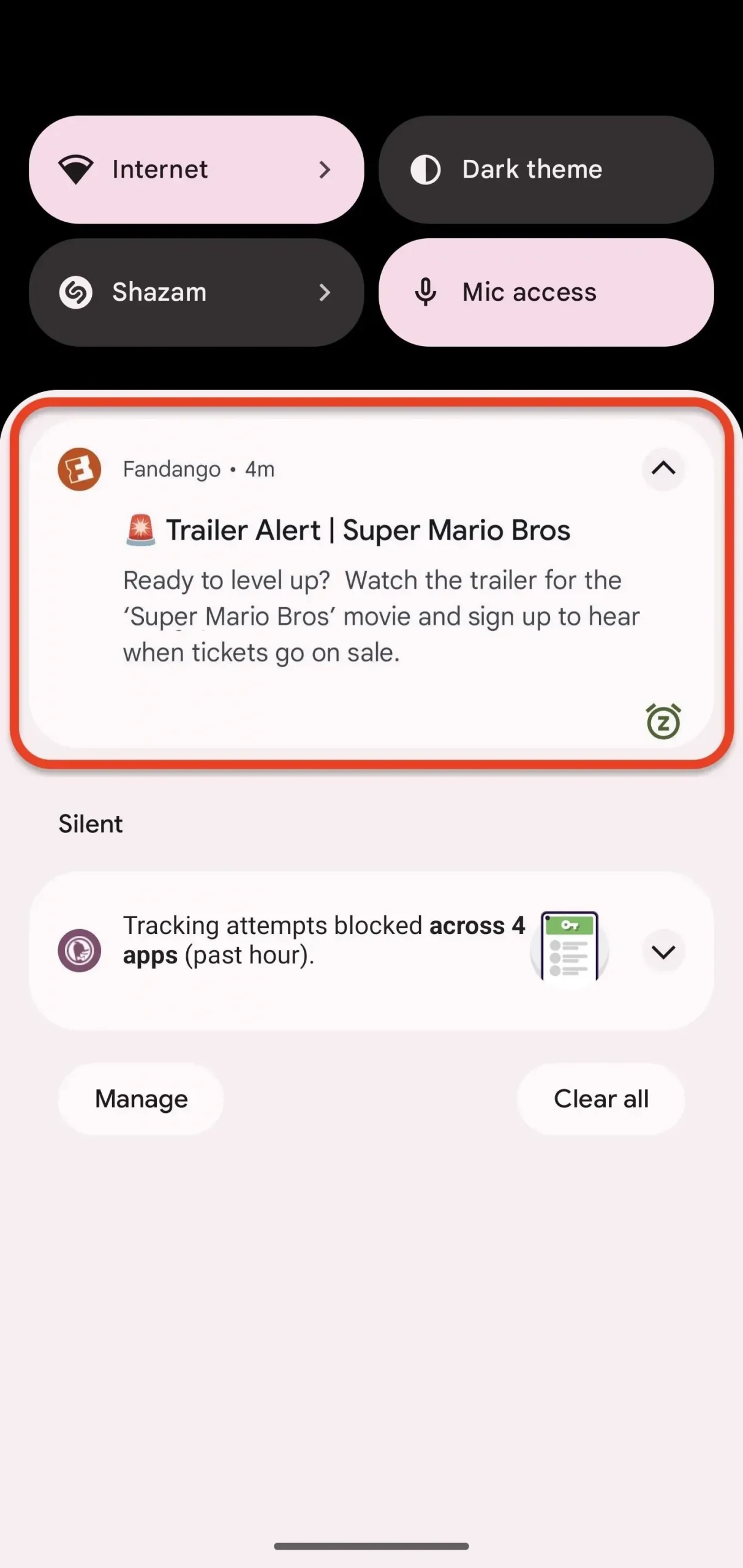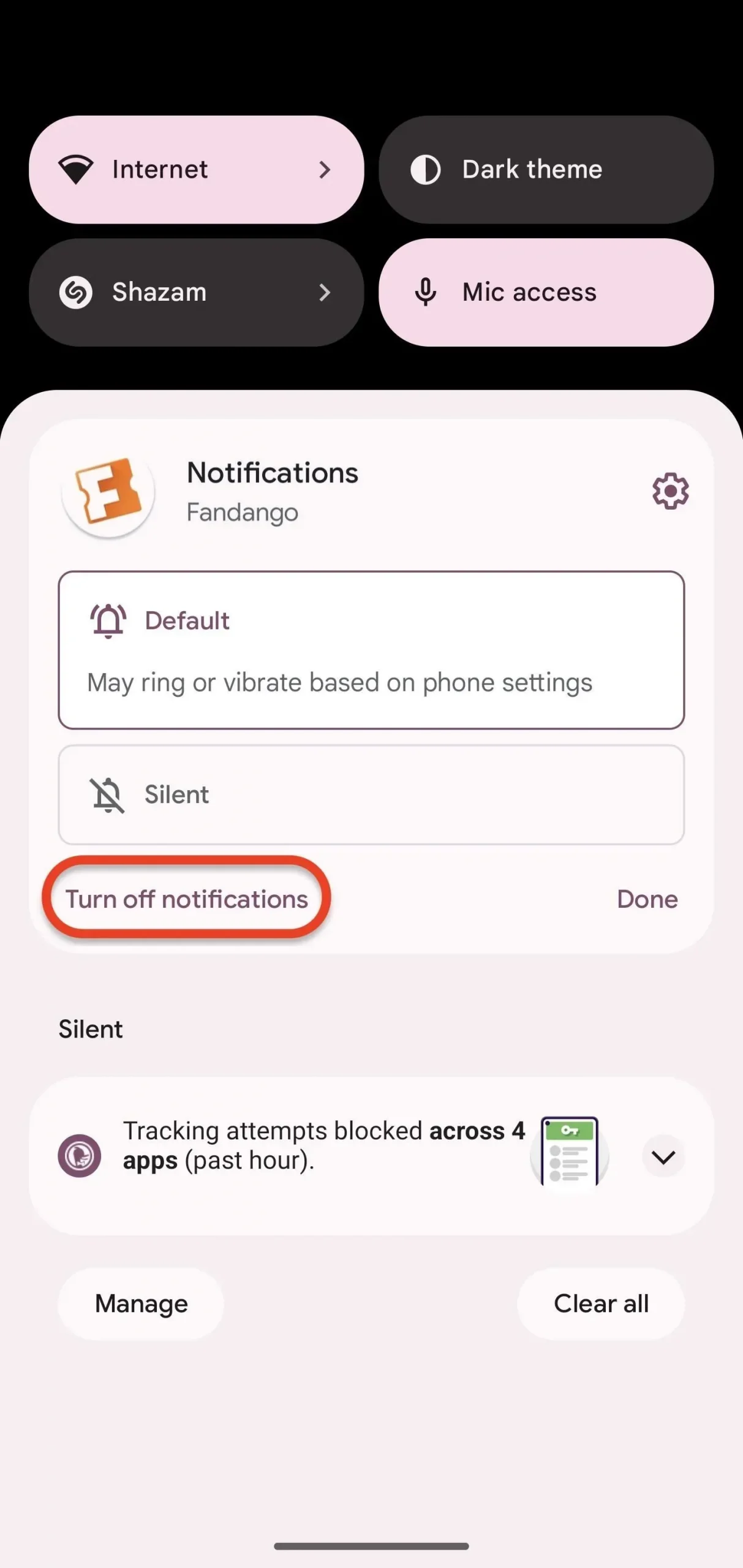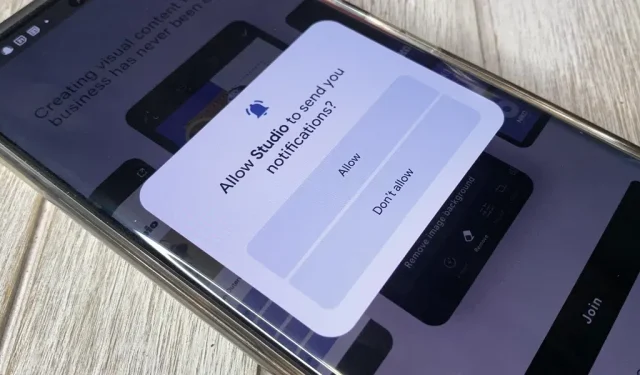One of the strengths of Android has always been how it handles notifications, and with each new update, things have only gotten better. More recently Android has improved notification permissions so you have the choice of whether to receive notifications as soon as you open the app for the first time. It’s easy to allow or deny these permissions, but it’s just as easy to undo your decision.
The notification updates in Android 13 are simple, but they’re quite brutal for app developers who rely on notifications for daily active users, revenue generation, and other business metrics.
After installing a new app on Android 13, the first thing you’ll see when you open the app is a popup asking you to allow or block the app from sending you notifications. It’s an all-or-nothing proposition, but it’s a welcome option if you’re overloaded with notifications.



Whether you’ve allowed an app to send notifications or approved it, it’s easy to change your settings if you ever change your mind. And that goes for any Android phone running Android 13, such as the Google Pixel or Samsung Galaxy models.
If you click Don’t Allow, you can grant notification permissions with just a few taps and even approve or decline certain types of notifications depending on the app. The same applies if you initially tapped “Allow”but want to switch to zero notifications from within the app.
Step 1: Open the application information page.
First, you must open the information page for the application in question. There are several ways to do this that are relatively simple and available in Android 12, not just Android 13.
- If you have an app open or recently used it, swipe up from the bottom to open the Recent screen and make sure the app is centered on the interface. Then, tap on the app icon above the preview and select App Info.
- Locate the app icon on the home screen or in the All Apps list, press and hold it to open the context menu, and select App Info or the info (i) button.
- Open the Settings app and tap on Apps, App Info, or something similar. If you see the app right away, select it. On stock Android, you can tap View All Apps or All Apps and then find and select it.
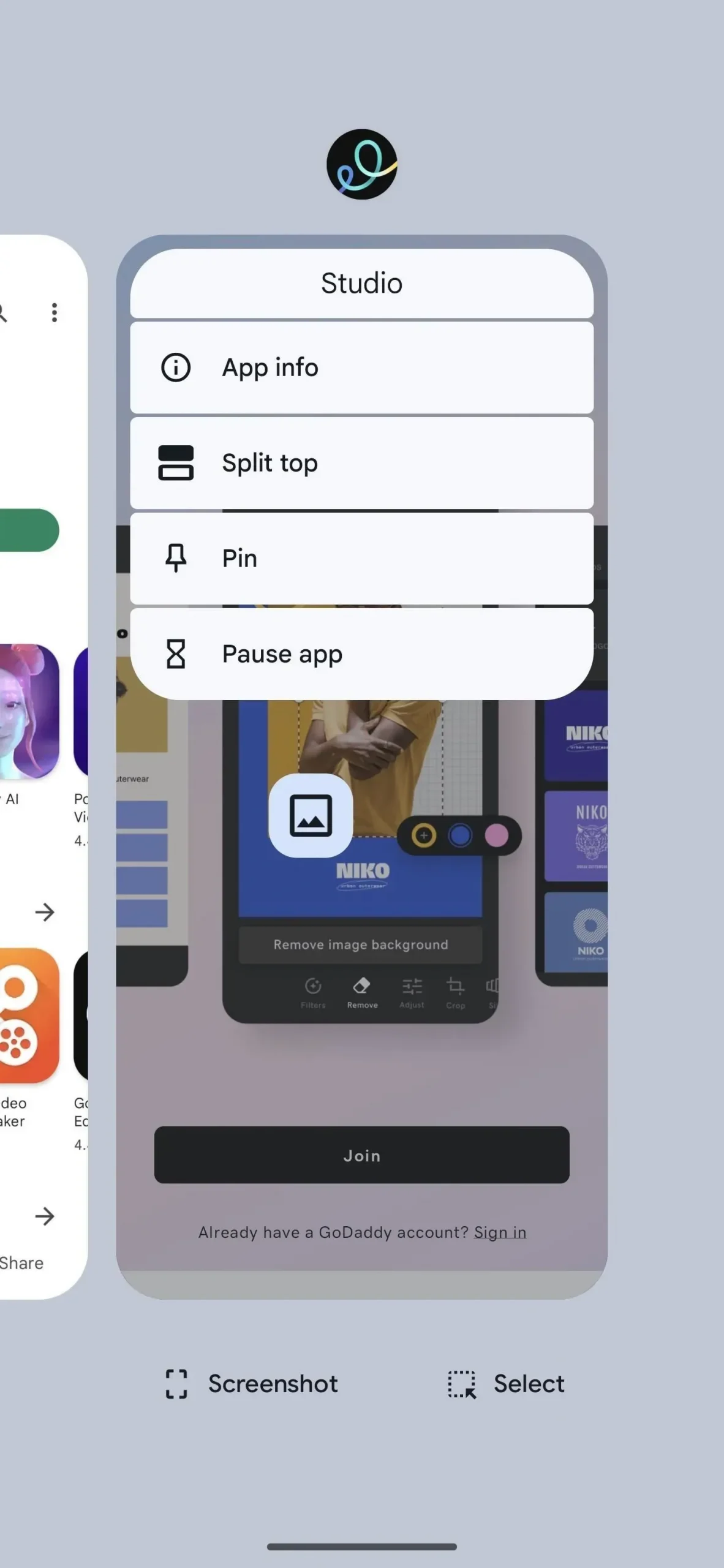
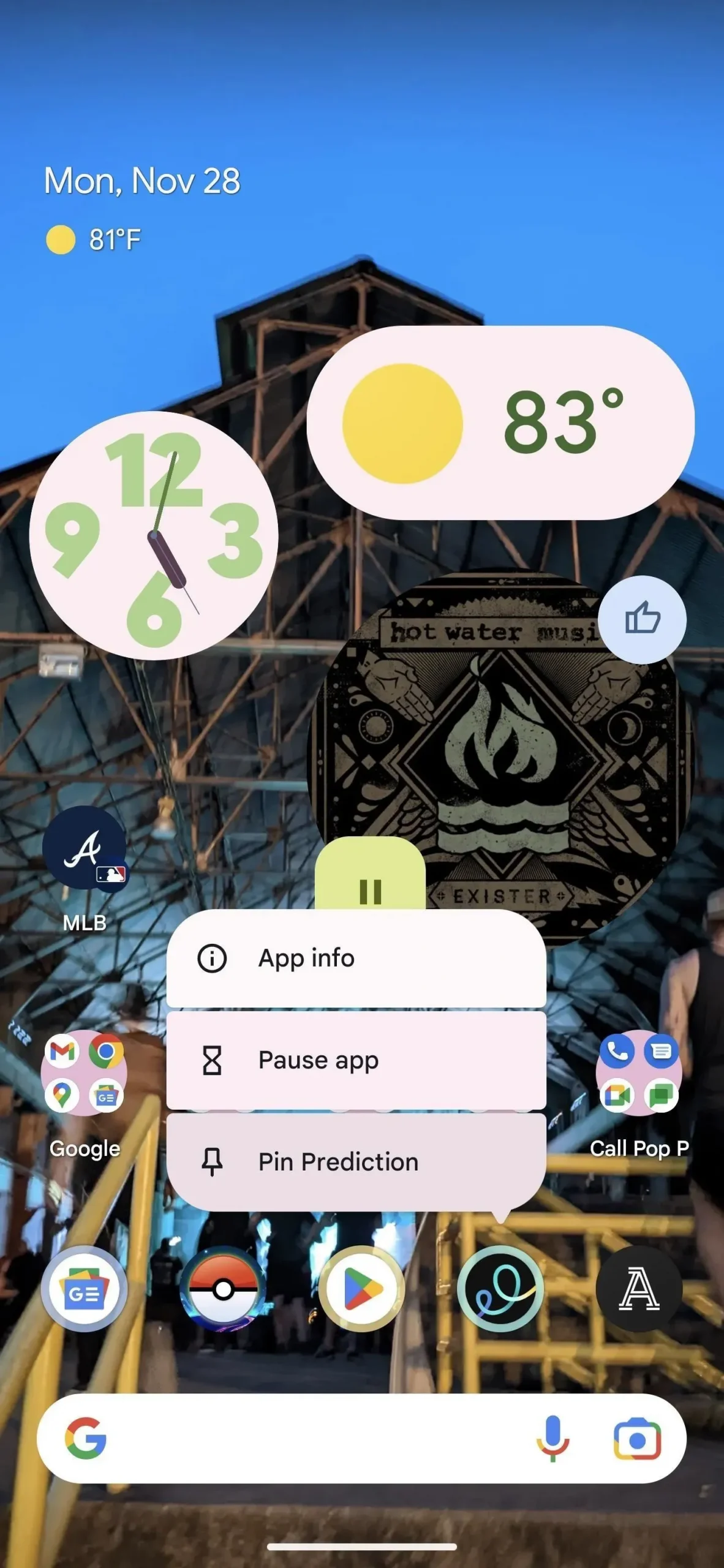
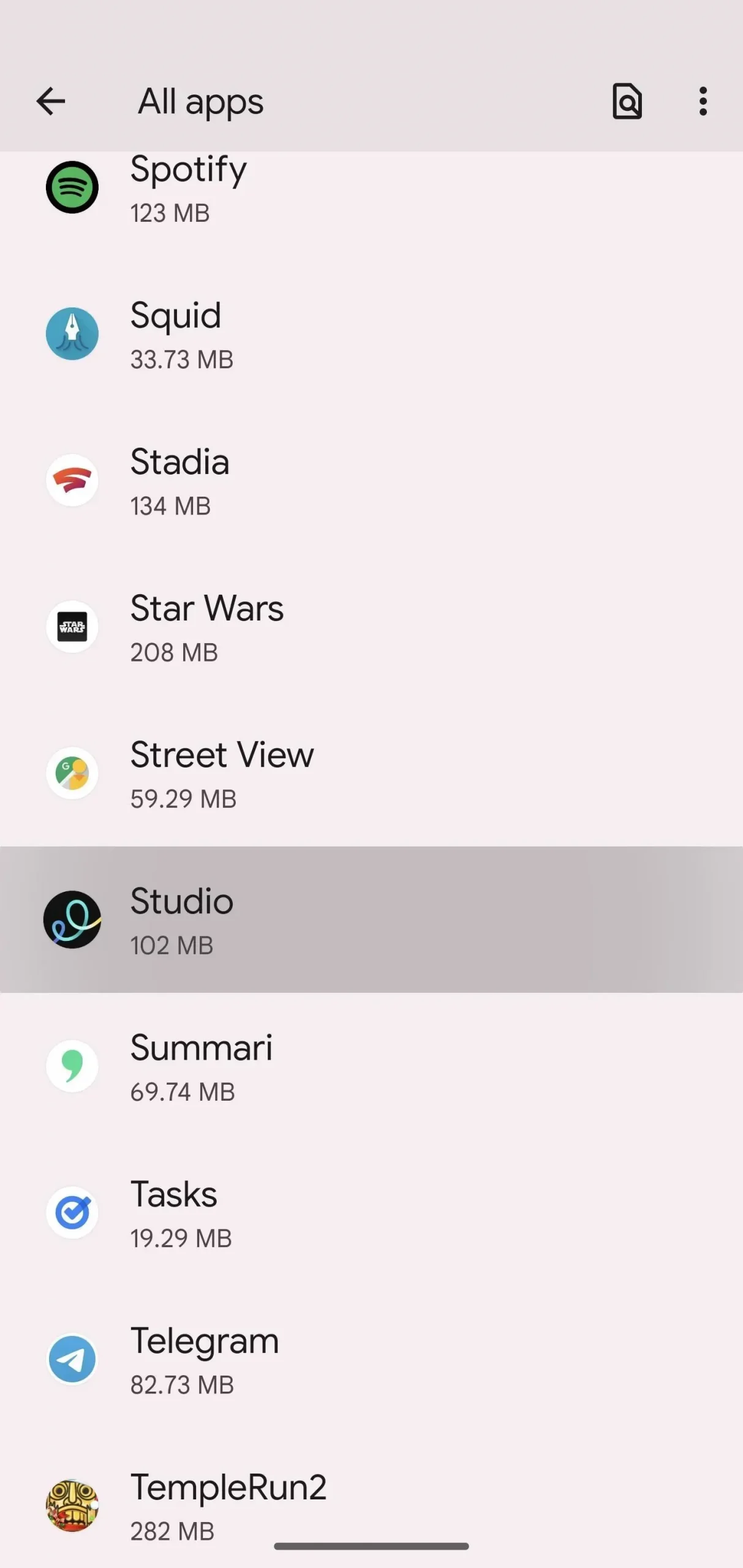
Step 2: Set App Notification Permissions
Select “Notifications”at the top of the list on the app’s information page. Here you’ll find a toggle switch to turn all notifications on or off for the app, as well as notification categories for more granular control.
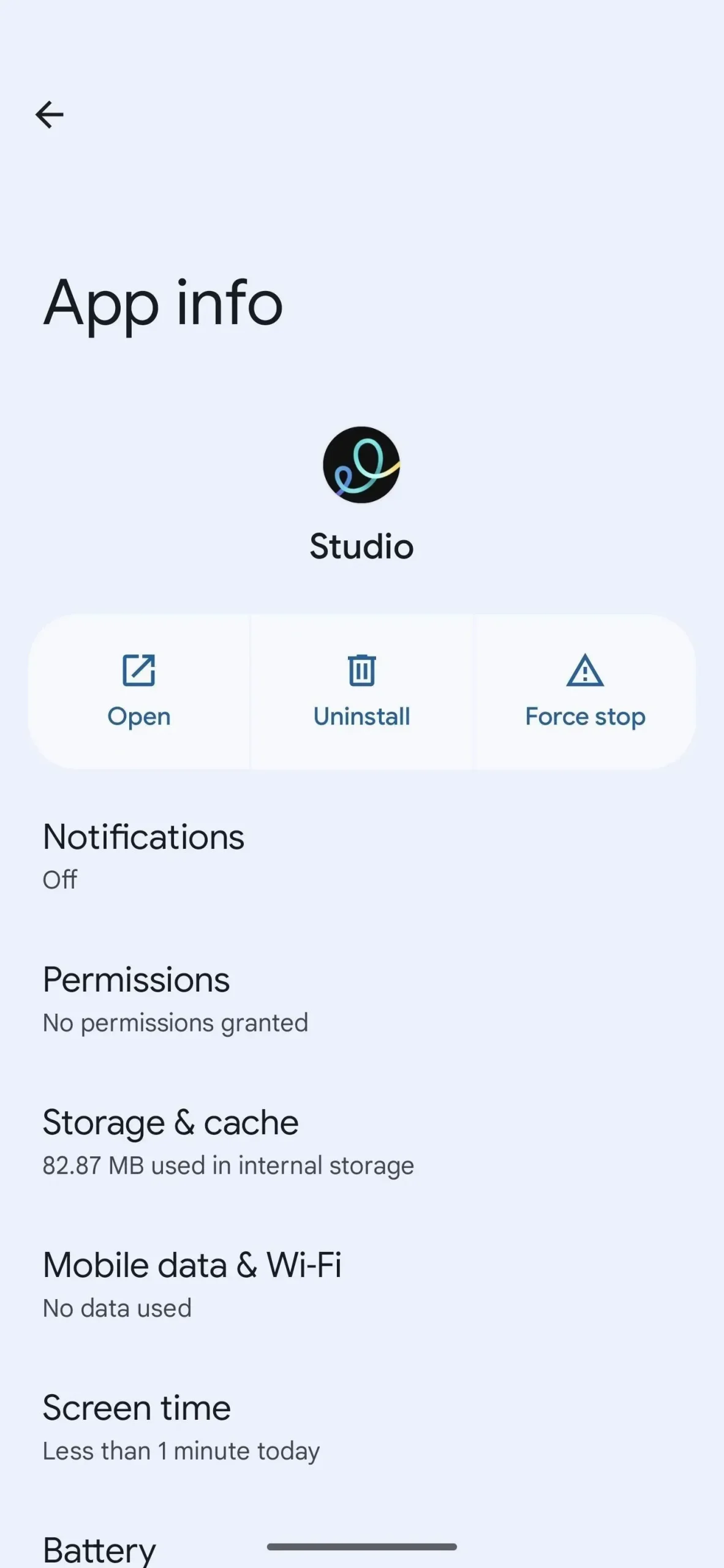

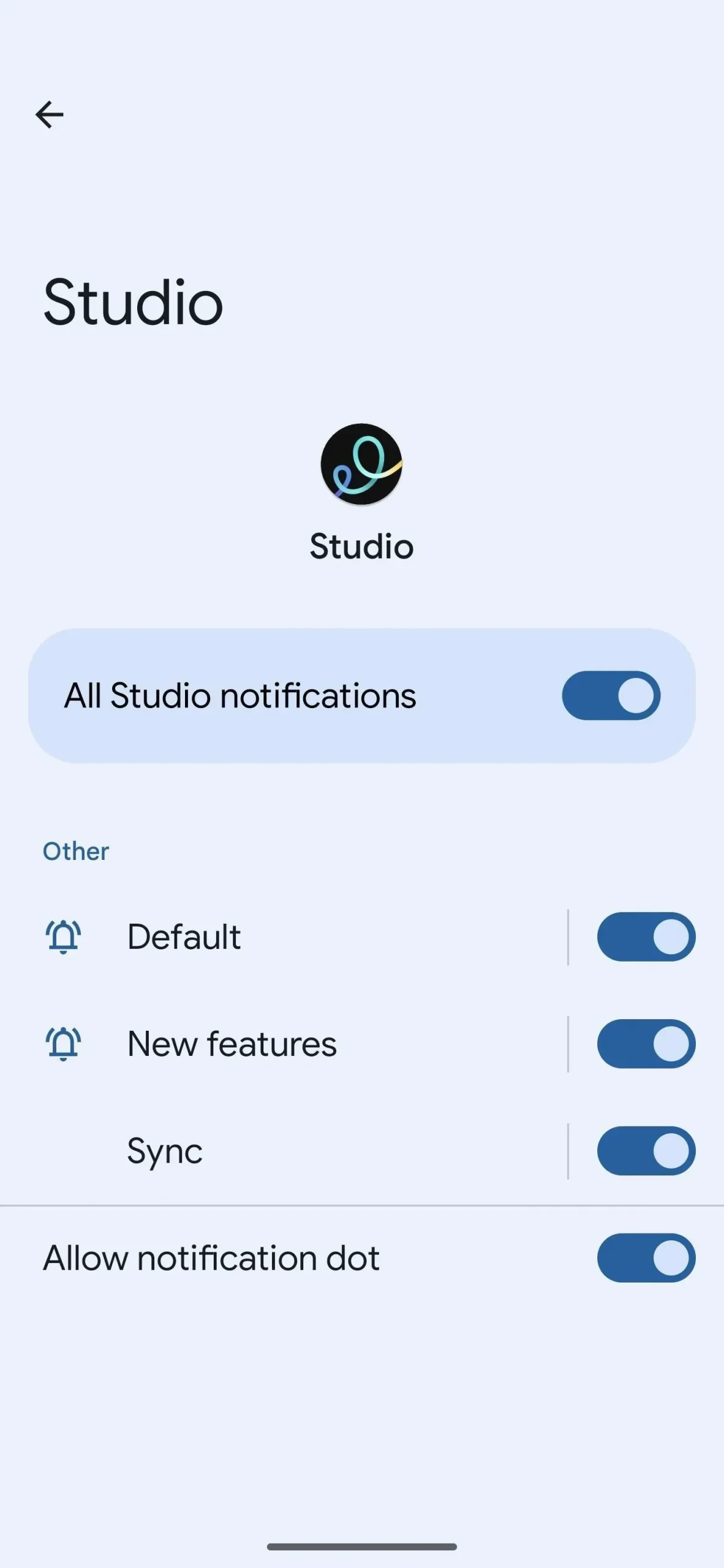
Step 3: Reverse your decision (if necessary)
Maybe rejecting or approving notifications was the right decision after all. In this case, follow steps 1 and 2 above to revoke the permissions.
Alternatively, if you want to remove notification permissions, you can press and hold the annoying notification in the app right after you receive it, or in the notifications panel, and then select “Turn off notifications”in the options to make it disappear. This also works on older versions of Android, not just Android 13.
